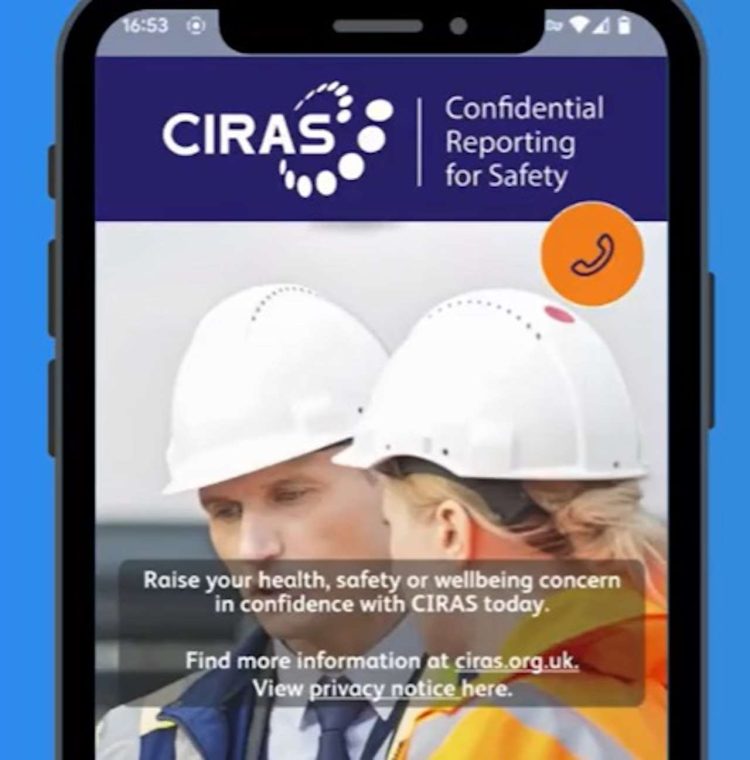US freight operator Norfolk Southern Corporation (NSC) announced this week that it is working with trade unions and the Federal Railroad Administration (FRA) to pilot a new safety reporting system.
Trade unions the Brotherhood of Locomotive Engineers and Trainmen (BLET) and the International Association of Sheet Metal, Air, Rail and Transportation Workers – Transportation Division (SMART-TD) are participating in an FRA Confidential Close Call Reporting System (C3RS) pilot program designed to enhance railway safety.
The new system is similar to the UK’s Confidential Incident Reporting and Analysis Service (CIRAS), a safety reporting service for health, safety and wellbeing concerns raised by transport workers, which is owned by the Rail Safety and Standards Board (RSSB).
The C3RS pilot will run for one year, and will allow covered NS employees to report safety concerns knowing that their reports will not result in disciplinary action. NASA will remove reporters’ identities from data and pass to a joint committee of NS and workers’ representatives for review. With guidance from FRA, the committee will identify and implement corrective actions to improve safety.
The participating organisations say that the pilot underscores their shared belief that collaboration and transparency are part of the foundations of an effective safety programme.

The key goals of the C3RS pilot program include:
- collecting reports of unsafe practices, behaviour or situations that currently go unreported;
- identifying and implementing corrective actions;
- sharing data to identify general trends and statistics to enhance railroad safety.
Throughout the program, FRA will provide oversight, guidance, and support to the parties as they analyze safety data and work to effect positive change.
BLET National President Eddie Hall welcomed the project, emphasising that, “It should be the goal of everyone who works in the railroad industry to continually improve safety. Providing a confidential platform to report unsafe practices allows us to harness the power of every worker’s voice. NS and its CEO, Alan Shaw, should be applauded for taking this step. I hope that this will become a model for other Class I freight railroads. I also would like to commend the leadership shown by General Chairmen Scott Bunten, Dewayne Dehart, and Jerry Sturdivant who helped make this happen by negotiating on behalf of our NS members.”
Fellow trade unionist, SMART-TD President Jeremy Ferguson, added,”This is huge step forward for the safety of our brothers and sisters at Norfolk Southern. SMART-TD has been a long-time champion of C3RS, and this new program will allow our members to speak up when they see unsafe conditions without fear of negative repercussions. I would like to thank General Chairmen James Ball, Joe Borders, Tommy Gholson, David Phillips, and Dan Weir for their unwavering commitment to bringing C3RS to their members.”
Amit Bose, FRA Administrator, said, “FRA’s C3RS program provides a useful industry-wide platform to gather valuable insights from frontline railroad workers when they experience close calls – helping to uncover risks and providing opportunities for railroads and their workers to take actions to prevent serious safety incidents. We appreciate BLET, NS, and SMART-TD’s collaboration on this important partnership, and FRA remains committed to further expanding participation in the C3RS program to advance safety.”
Alan H. Shaw, Norfolk Southern President and CEO, said, “NS is proud to partner with our labor leaders and FRA to make another industry-leading advancement in safety. We are committed to setting the gold standard for rail safety, and we are proud to be the first Class I railroad to deliver on our promise to co-develop and launch a C3RS program.”






Responses